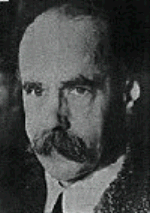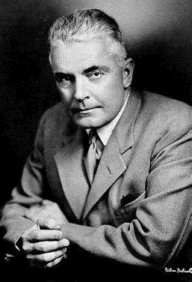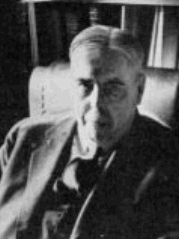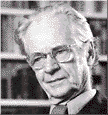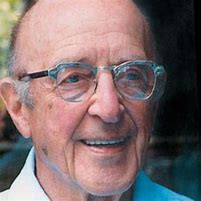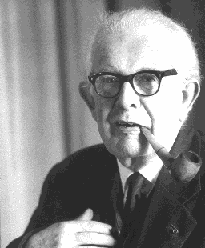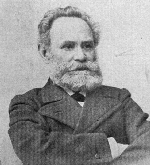Posts Tagged ‘Biographies’
Wilhelm Wundt
Wilhelm Wundt 1832-1920 Considered the father of modern psychology, Wilhelm Wundt studied medicine in his native Germany before his interests began to lean more toward physiology and psychology. His main areas of research included sensory processes. In 1875, he moved to Leipzig where he developed the first psychological laboratory and spent the next 46 years…
Read MoreMax Wertheimer
Max Wertheimer 1880-1943 Max Wertheimer is considered the founder of Gestalt Psychology. He studied law for several years before graduating with his degree in philosophy. He served as a professor at several Universities in Germany before leaving the country in 1934 due to the war in Europe. After which, he moved to the United States…
Read MoreJohn Watson
John Watson 1878 – 1958 John Watson is considered the father of behaviorism due to his opposition to the mainstream psychological view of the unconscious and psychoanalytic thought. To the behaviorist, the outward expression of the self is all that can be measured and therefore the only variable worthy of exploration. His lecture at Columbia…
Read MoreEdward Thorndike
Edward Thorndike 1874-1949 Edward Thorndike is best known for his work with animal research, spending the majority of his career at Teacher’s College, Columbia University. He is most famous for his ‘trial and error learning’ theory and advancements in learning theory, behaviorism and educational psychology.
Read MoreB. F. Skinner
B. F. Skinner 1904-1990 Burrhus Frederic Skinner was born in a small Pennsylvania town. His father was an attorney and his mother a housewife. His family life was described as old-fashioned and hard working. Skinner received his Bachelor’s degree in English in hopes of becoming a writer. He wrote for the school paper but saw…
Read MoreCarl Rogers
Carl Rogers 1902-1987 Carl Rogers was a Humanistic Psychologist who is most known for his approach to psychological treatment and his belief in the genuine good in the individual. He received his Master’s degree in psychology from Columbia University in 1928 and his doctorate in 1931. In 1942 he served as the president of the…
Read MoreJean Piaget
Jean Piaget 1896 – 1980 Jean Piaget was born in Switzerland and by age 10 had already begun his professional career as a researcher and writer. He was interested in biology and wrote a paper on the sighting of an albino sparrow that propelled his interest in the scientific study of nature. He studied natural…
Read MoreIvan Pavlov
Ivan Pavlov 1849-1936 A Physiologist by training, Ivan Pavlov’s most famous experiment in psychology began as a study of digestion. Although very concerned with biases and controlling for variables, during his experiment he noticed that his subjects (dogs) would illicit a salivation response prior to being presented with food. He began to explore this phenomenon…
Read MoreHenry A. Murray
Henry A. Murray 1893 – 1988 Henry Murray taught at Harvard University for over 30 years and like his psychoanalytic predecessors, Freud and Jung, he believed that personality could be better understood by investigating the unconscious mind. He is most famous for the development of the Thematic Apperception Test (TAT), a widely used projective measure…
Read MoreAbraham Maslow
Abraham Maslow 1908-1970 Abraham Maslow was an American psychologist born in Brooklyn, NY. He taught at several universities in the New York area and perhaps best known for his belief in Humanistic Psychology. His Hierarchy of Needs has been applied to many professional fields outside of psychology, including sociology, business, medicine, and others. The Hierarchy…
Read More
